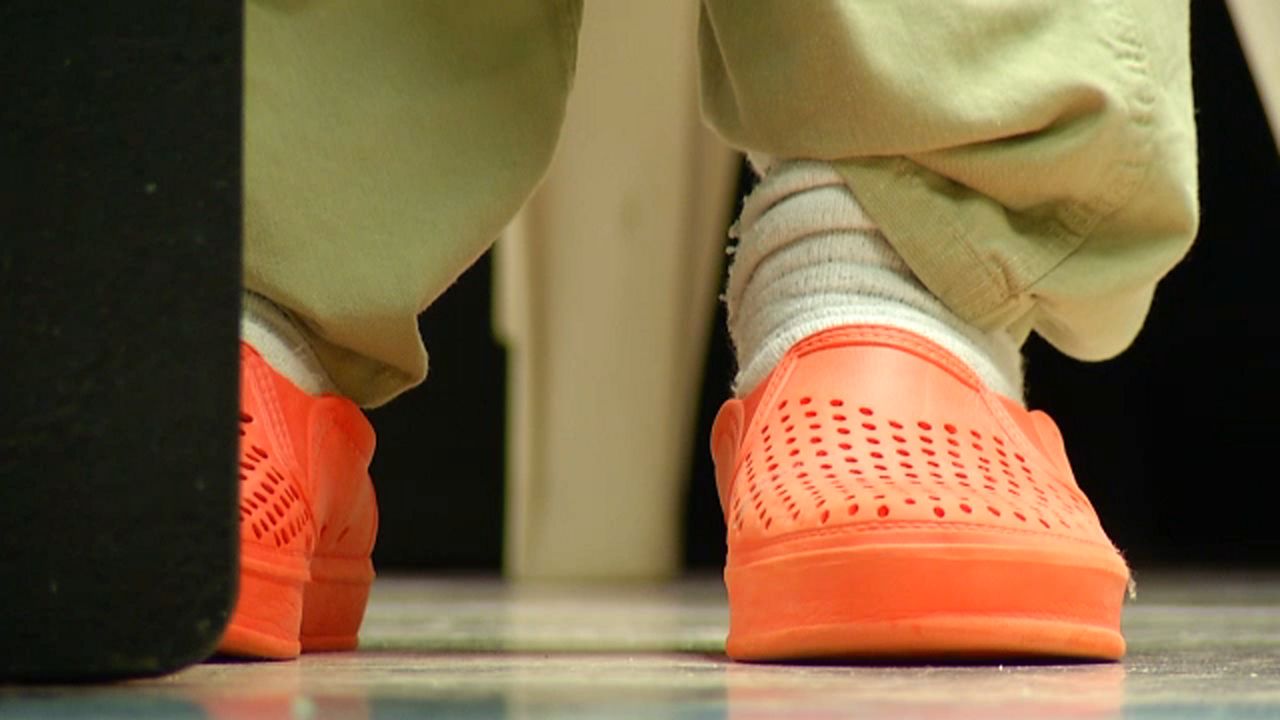A rise of coronavirus infection rates in jails should bolster the arguments against altering the state's cash bail law, criminal justice advocates are warning lawmakers and Governor Andrew Cuomo.
"We're seeing that jails and prisons are hotbeds for this disease," said Rena Karefa-Johnson, the New York criminal justice director at FWD.us, a progressive group.
Before the pandemic captured the news cycle and upended life in the United States, lawmakers and Cuomo were discussing potential changes to the bail law, which ends cash bail requirements for misdemeanor and non-violent felony offenses.
The law has led to a political backlash for Democrats, especially those who represent parts of upstate New York and suburban New York City.
Democrats in the state Senate have proposed ending cash bail entirely, but allowing judges the authority to remand people pending charges. But advocates worry the change could lead to an influx in the number of people in jails during the pandemic.
A coalition of progressive groups this month urged legislative leaders and Cuomo to find ways of reducing incarceration during the crisis.
"Now more than ever, the last thing our elected leaders should prioritize is exposing more people to dangerous, unsanitary jails like Rikers Island, where staff members and an incarcerated person have tested positive for COVID-19," they wrote in the letter. "In fact, county jails are predicted to be most heavily affected by the virus due to high turnover rates and lack of access to sanitary products and social distancing. Bail rollbacks would move New York in the exact opposite direction of other states taking necessary actions to respond to the current crisis."
Meanwhile, it remains to be seen how much weight the controversy will continue to have for Democrats who were concerned about the political fallout surrounding the legislation.
"I think it's really important to remember the bail reform we got was a compromise," Karena-Johnson said. "The legislation tried to account for some of the political concerns and political needs. Rolling back doesn't really preserve the spirit of the law."


